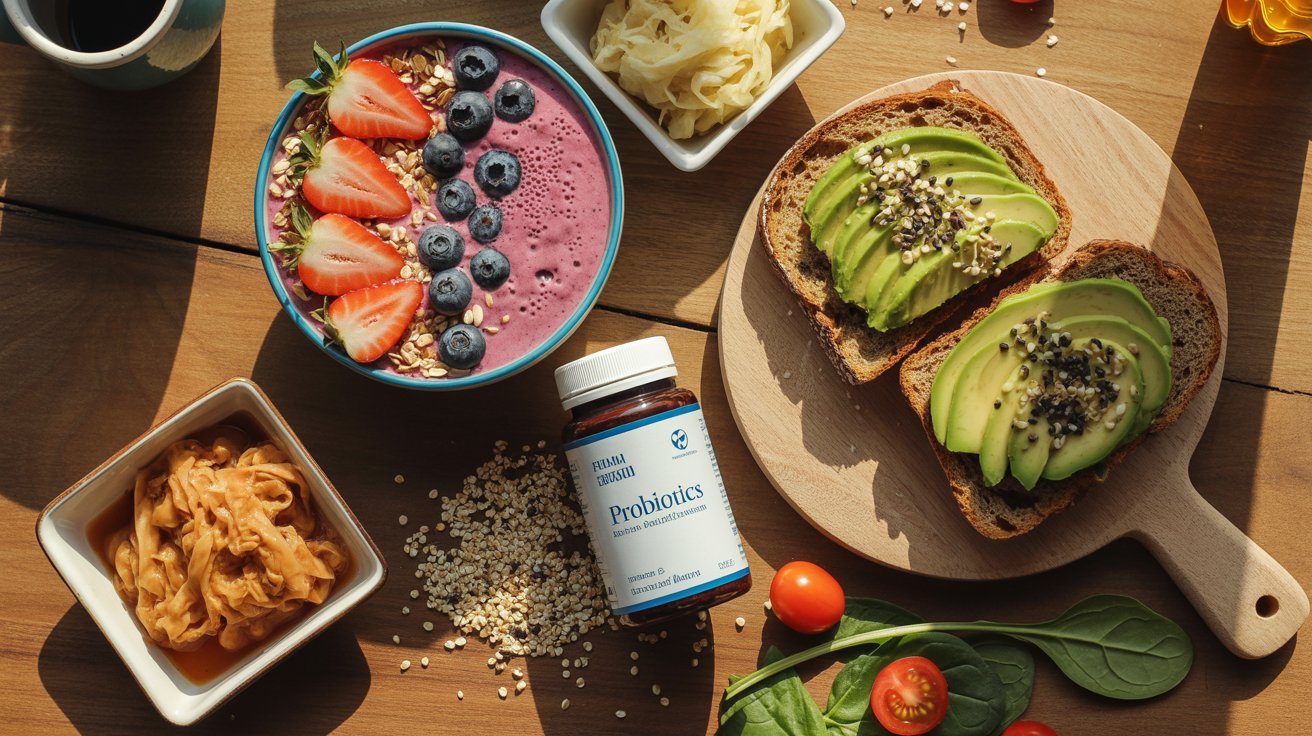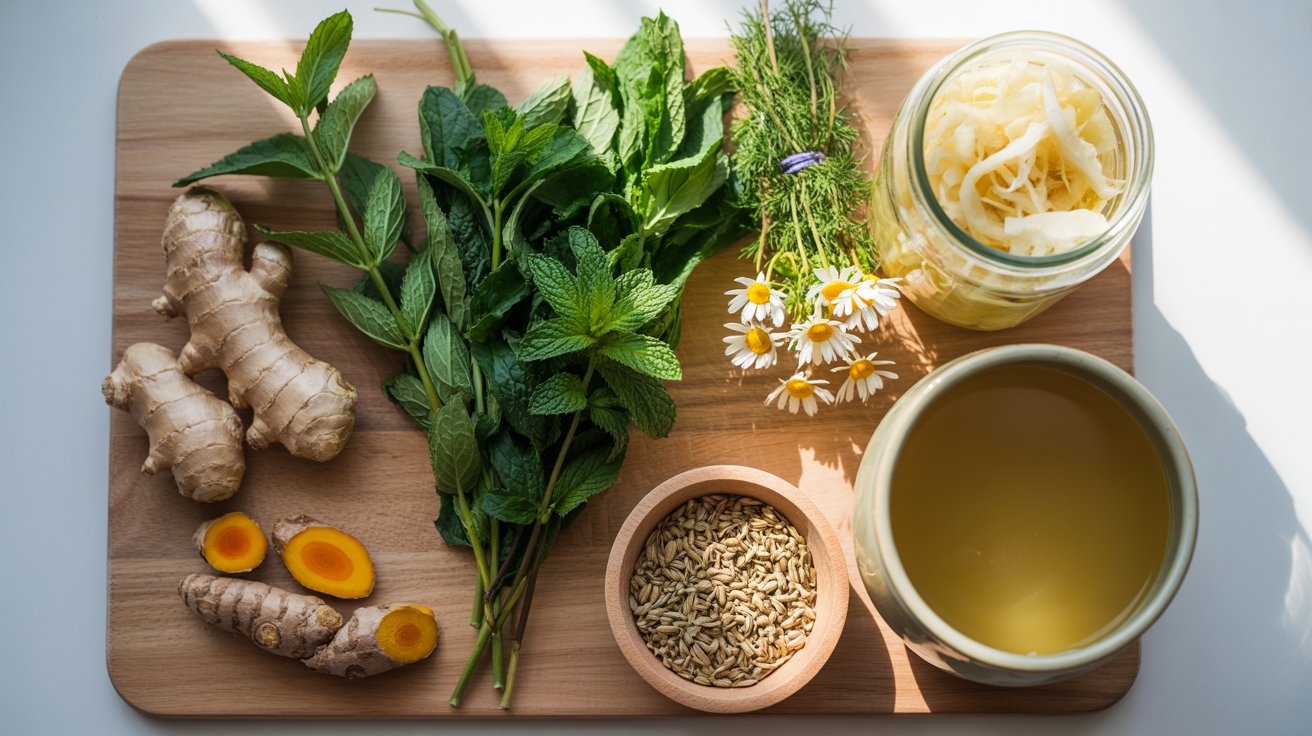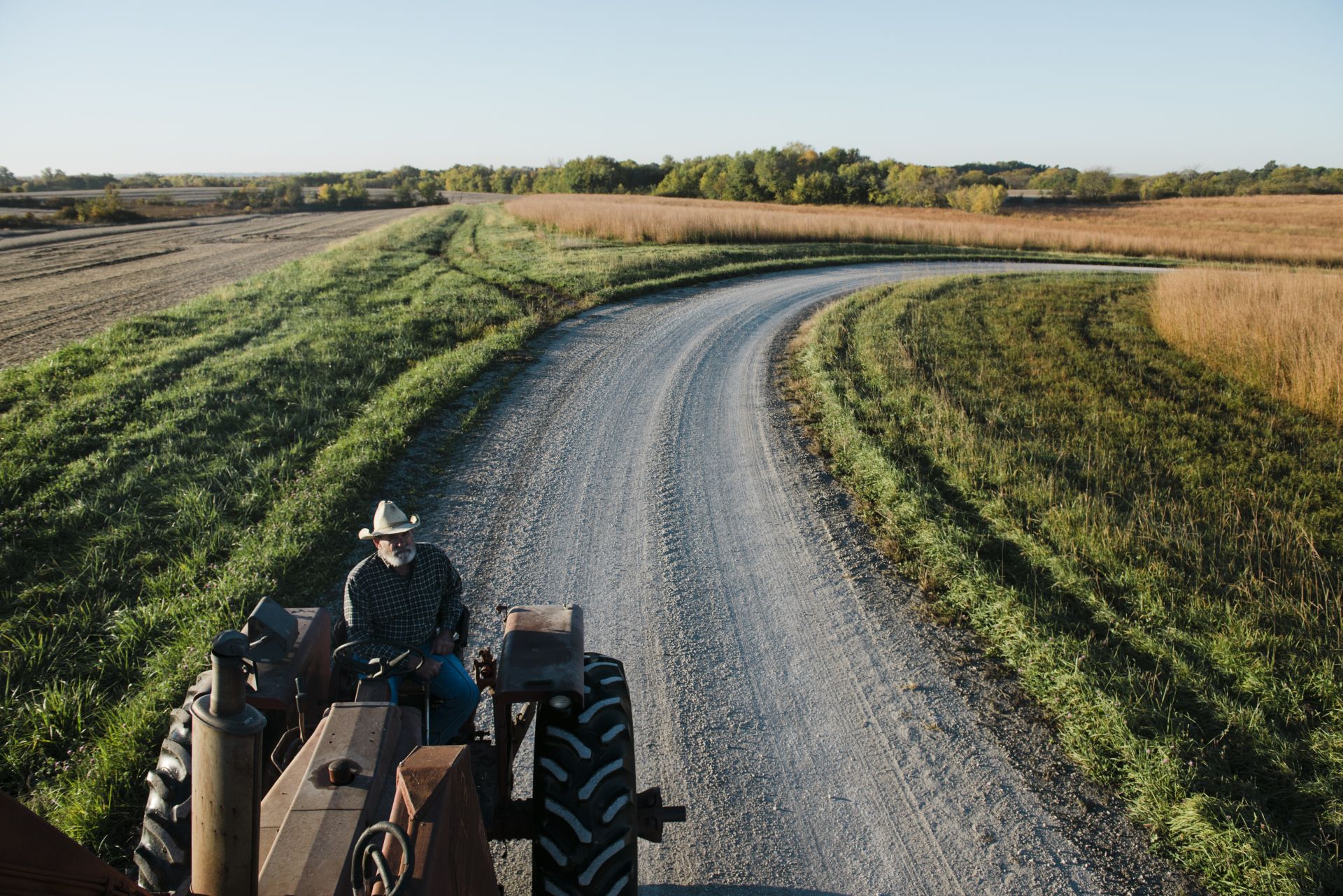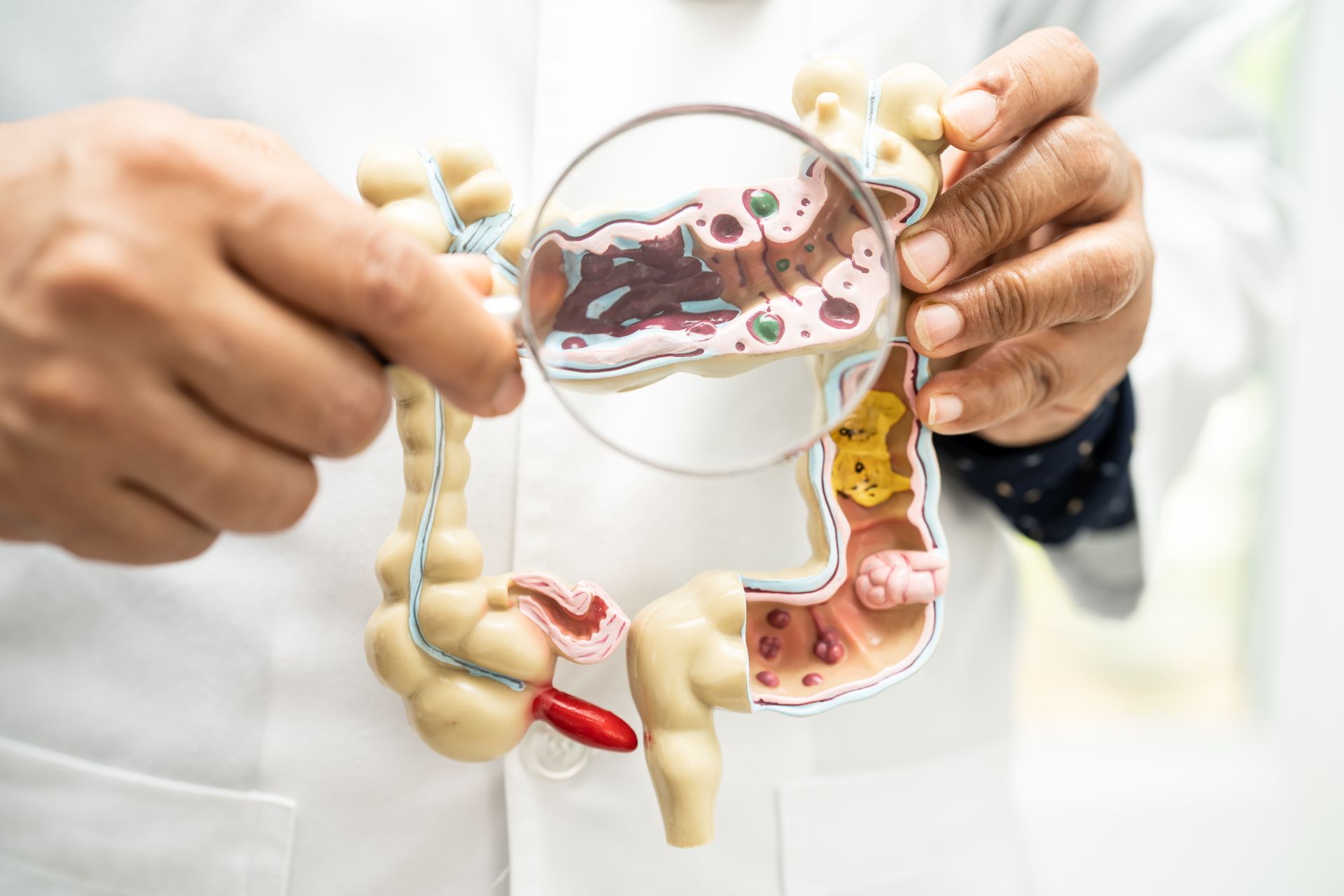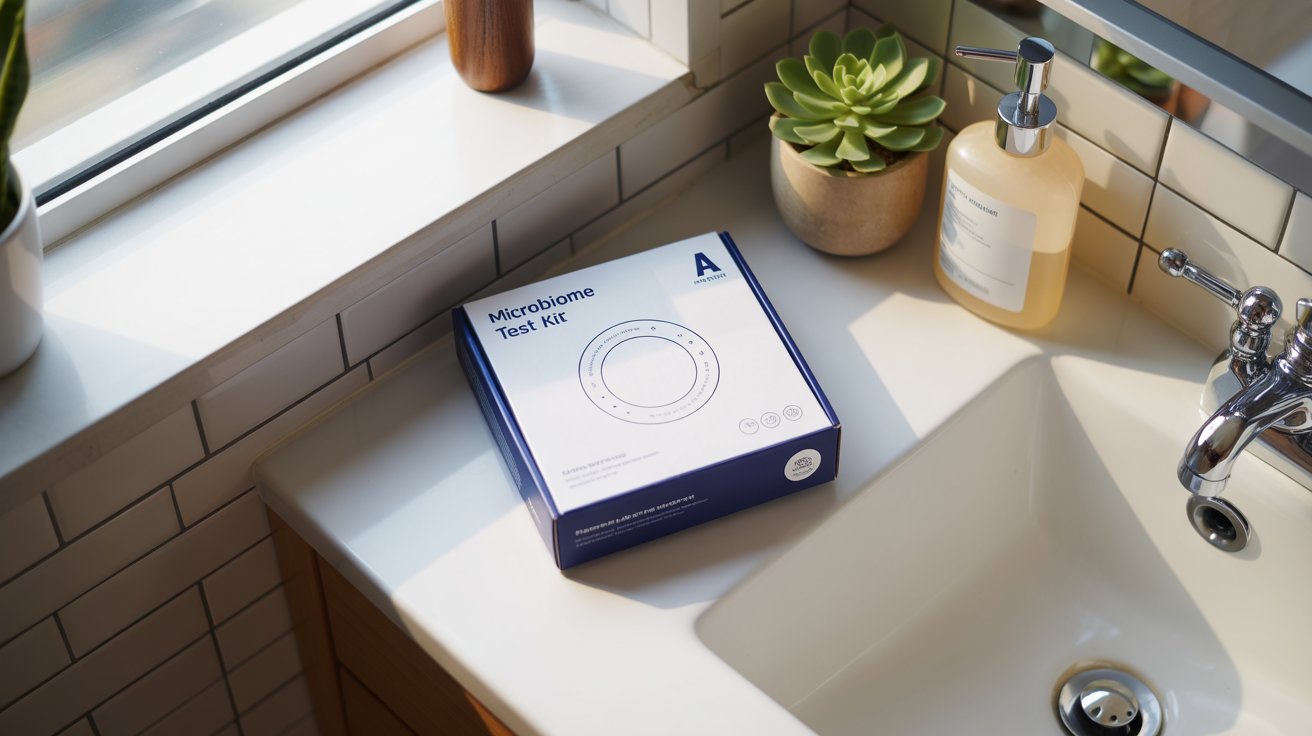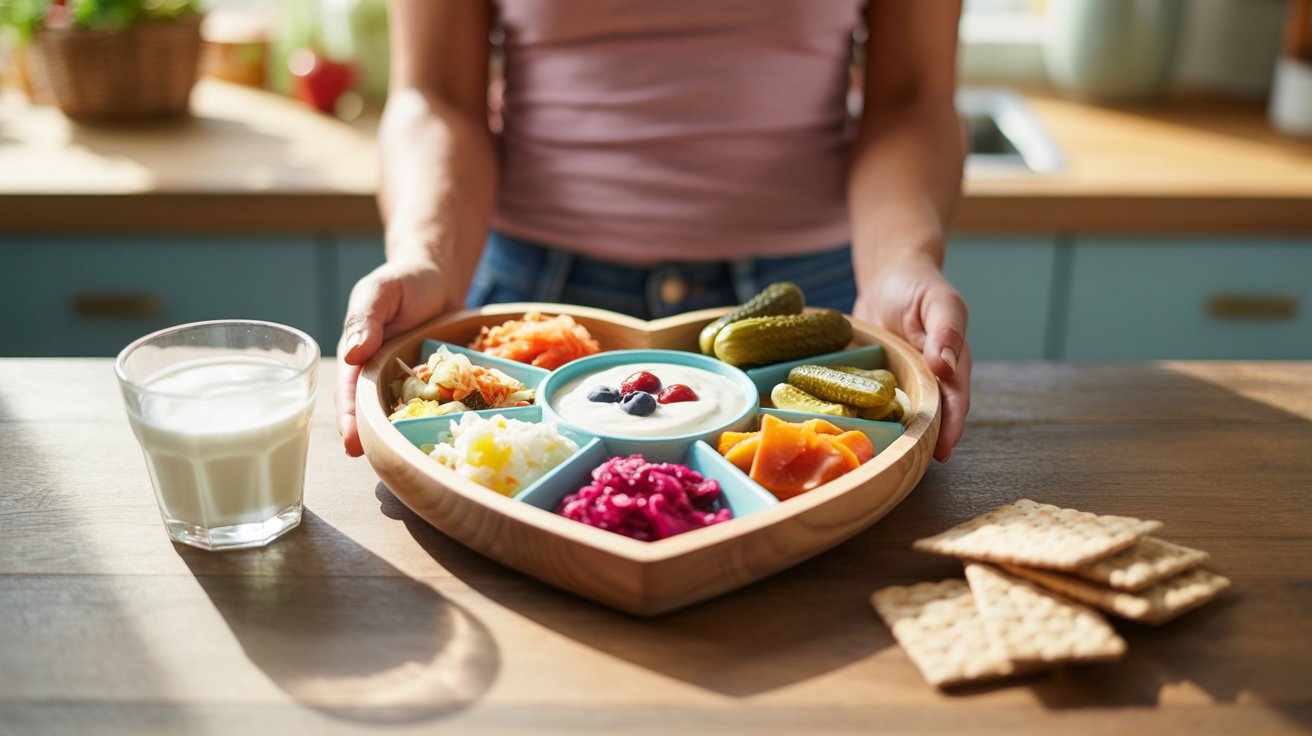The impact of high-protein diets on gut microbiome is one of the most debated—and misunderstood—topics in the world of wellness. When I first switched to a high-protein, animal-based diet, I expected more energy, fewer cravings, and maybe a clearer head. What I didn’t expect? People warning me it would “destroy my gut.”
If you’ve ever gone carnivore or protein-heavy to heal inflammation, fix your digestion, or recover from fatigue, you’ve likely heard the same. But let’s talk about what’s actually happening in your gut when meat becomes your main course—and how this dietary shift might be doing more good than harm.
What We’ve Been Told vs. What’s True

Mainstream gut advice tends to push fiber, fermented veggies, and a rainbow of plant foods. But what if your gut hurts every time you eat that way?
For many of us dealing with autoimmune flares, IBS, or post-antibiotic chaos, going high-protein—especially animal protein—can feel like the first breath of relief after years of bloating, urgency, and fatigue.
So does that mean your microbiome is doomed? Not at all.
How the Gut Microbiome Adapts to Carnivore and High-Protein Eating

Here’s the real deal: your gut microbiome is adaptive. When you shift from a mixed diet to a carnivore or protein-heavy one, the microbial cast changes—but that’s not necessarily bad.
What actually happens:
- You may lose some fiber-fermenting bacteria (like Bifidobacteria)—but that’s expected when fiber is removed.
- Bacteria that specialize in digesting proteins and fats, like Bilophila and Alistipes, may increase.
- For many people, symptoms of inflammation, leaky gut, and even mood disorders improve as the gut lining heals.
Animal proteins contain amino acids like glycine, glutamine, and proline—nutrients that support gut repair and immune regulation. So while plant diversity may go down, healing may go up.
But Wait… Isn’t Fermenting Protein “Bad”?

It depends. You might hear that fermenting protein in the colon creates toxins like ammonia or hydrogen sulfide. But that’s only a problem in dysbiotic, inflamed guts—not necessarily in someone thriving on steak and salt.
If your gut lining is strong and you’re digesting protein efficiently (hello, stomach acid), you’re not dumping undigested protein into your colon to rot. You’re absorbing it.
Many carnivores report:
- Improved digestion and elimination
- Reduced bloating and gas
- Clearer skin and more stable energy
That doesn’t happen if the gut is being harmed. It happens when the gut is finally getting a break from constant triggers.
How to Support Your Gut Microbiome on a Carnivore Diet

Yes, you can go meat-based and support your gut. Here’s how.
1. Prioritize Digestibility
Opt for meats that are easy to digest and rich in gut-supportive compounds:
- Bone broth, oxtail, and shank cuts (collagen-rich)
- Ribeye, chuck, ground beef with fat for energy and absorption
- Eggs, liver, and organ meats for B vitamins and choline
Don’t just go lean. Fat matters for bile flow and microbial diversity.
2. Add Fermented Animal-Based Foods (Yes, They Exist)
Just because you’re skipping sauerkraut doesn’t mean you skip fermentation:
- Raw aged cheeses
- Kefir or fermented raw milk (if tolerated)
- Yogurt made from A2 milk or goat’s milk
- Fermented fish (think traditional diets!)
These can deliver beneficial bacteria without relying on plants.
3. Support Stomach Acid and Bile Production
Most protein issues come from poor digestion, not protein itself. You can help by:
- Eating slowly and chewing thoroughly
- Adding salt to meals (chloride supports stomach acid)
- Sipping bone broth or apple cider vinegar before meals
- Considering bitters or digestive enzymes short-term if needed
A well-functioning upper GI system is your first line of gut defense.
Do You Really Need Fiber for a Healthy Microbiome?

This is the million-dollar question.
Here’s what we know:
- Some people do thrive on fiber—but many don’t.
- The belief that fiber is required for SCFA (short-chain fatty acid) production is now being questioned.
- Certain amino acids and fats can also influence SCFA levels and gut barrier function.
- Microbial diversity isn’t everything—stability and symptom-free living matter too.
If you feel better, digest better, and think better on carnivore, trust your body. The “rules” don’t always apply when you’re healing.
Signs You’re Thriving on a High-Protein Diet

Your gut may be happier than ever if you’re experiencing:
- Regular, easy bowel movements (yes, even without fiber!)
- No bloating or abdominal discomfort
- Mental clarity and stable mood
- Fewer sugar cravings and more stable blood sugar
- Improved sleep and energy
These aren’t signs of dysfunction—they’re signs of microbiome harmony in your body’s new ecosystem.
The Impact of High-Protein Diets on Gut Microbiome: What This Means for You

The impact of high-protein diets on gut microbiome doesn’t have to be negative—especially when you’re approaching it with intention. Whether you’re healing from chronic illness, recovering from antibiotics, or simply finding freedom in a simplified way of eating, your microbiome can adapt.
What matters most is your symptoms, your energy, your clarity—not whether you’re feeding textbook bacteria. A thriving gut is a personal thing. And sometimes, the simplest foods bring the deepest healing.
So if meat makes you feel like yourself again? Trust your gut. Literally.

